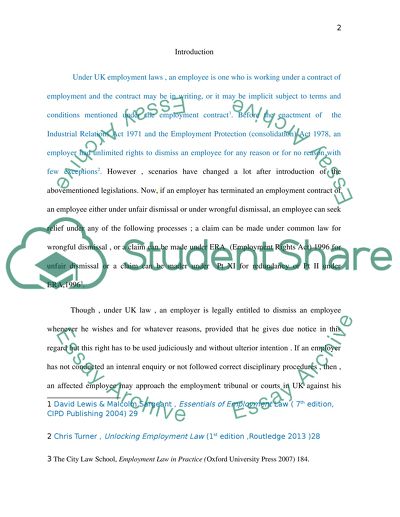Cite this document
(“UK Employment Law Essay Example | Topics and Well Written Essays - 3000 words”, n.d.)
Retrieved from https://studentshare.org/law/1498085-uk-employment-law
Retrieved from https://studentshare.org/law/1498085-uk-employment-law
(UK Employment Law Essay Example | Topics and Well Written Essays - 3000 Words)
https://studentshare.org/law/1498085-uk-employment-law.
https://studentshare.org/law/1498085-uk-employment-law.
“UK Employment Law Essay Example | Topics and Well Written Essays - 3000 Words”, n.d. https://studentshare.org/law/1498085-uk-employment-law.


